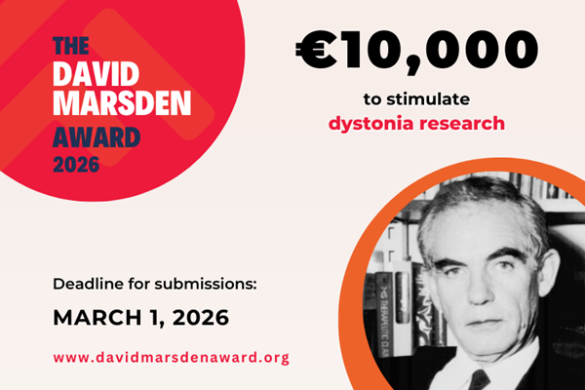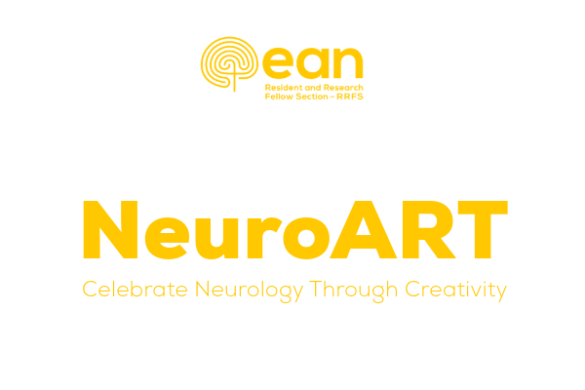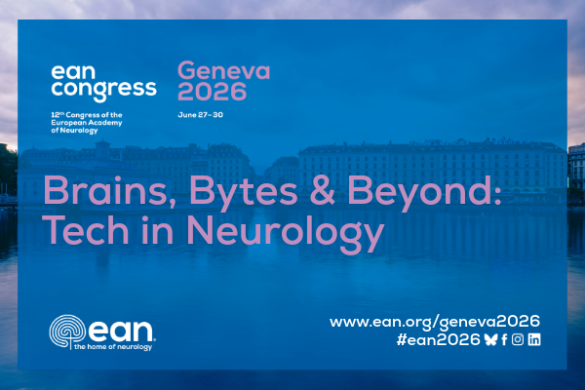Autologous hematopoietic stem cell transplantation in multiple sclerosis – results and future directions
By Øivind Fredvik Torkildsen
Autologous hematopoietic stem cell transplantation (HSCT) is a promising treatment option for multiple sclerosis (MS). The premise of the treatment is that the self-reactive immune response is eradicated by chemotherapy, and that the immune system is “reset” after reinfusion of autologous hematopoietic stem cells, producing an immune system that is less self-reactive.
Professor Mancardi presented the results of a meta-analysis of all the published studies of HSCT in any form of MS from 1995 to 2016. His data showed that transplant related mortality had dropped substantially during the last twenty years and that those patients with aggressive MS relapsing-remitting course who have not yet accumulated a high level of disability, had best response to this treatment. The proportion of patients free of any disease activity and disease progression after treatment was reported to be almost 50% after 10 years.
In the next session, professor Burman presented the results from the MIST-trial, a phase III study and the largest randomized controlled trial performed on HSCT-treatment for MS. The trial was recently published in JAMA. The study found that HSCT-treatment resulted in less disease progression compared to standard immunomodulatory treatment and that 78.5% of patients treated with HSCT were without signs of disease activity 5 years after the procedure.
In the final session, professor Torkildsen, presented the preliminary results from the RAM-MS study, also a phase III study of HSCT-treatment in MS. This study compares the efficacy of HSCT treatment to all new MS-medications, not covered by the MIST-trial. The study recruits patients in Norway, Sweden, Denmark and the Netherlands.
Until recently, HSCT treatment for MS has been considered an experimental and dangerous treatment. Accumulating evidence indicates that this treatment is more effective than all other MS-therapies, with an acceptable safety profile. Future studies will address which patients are best suited for this treatment paradigm.














